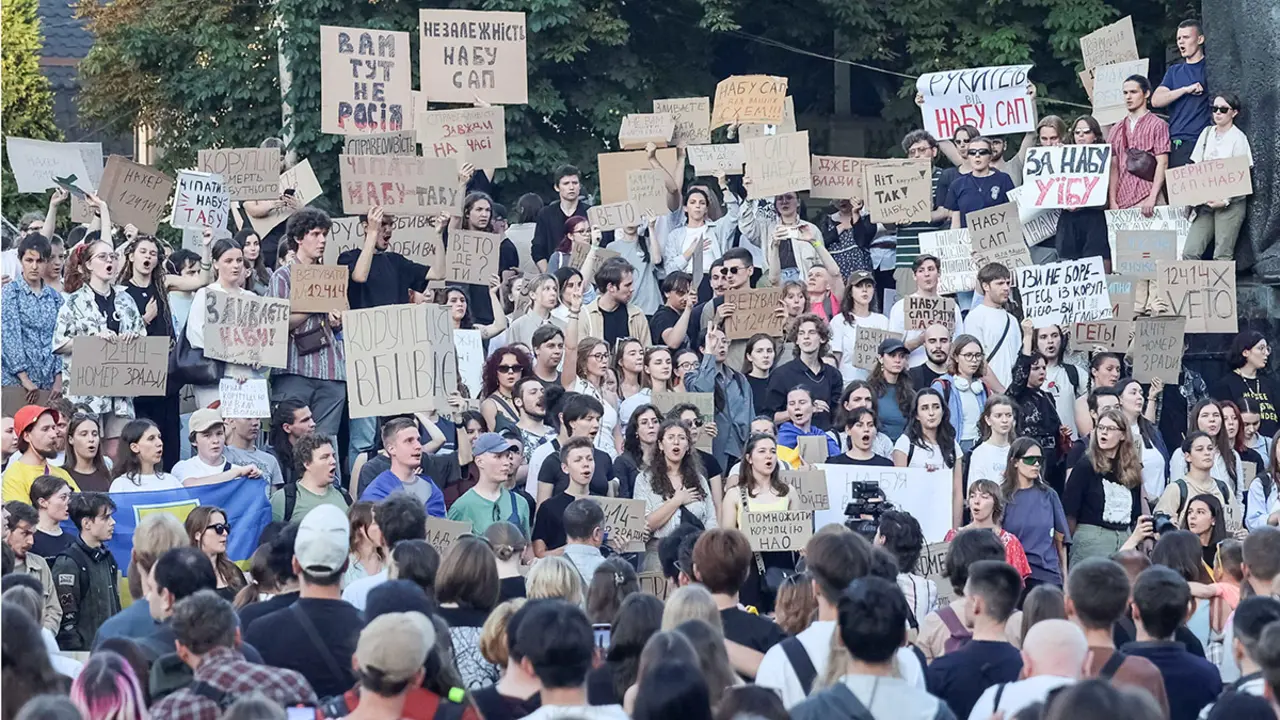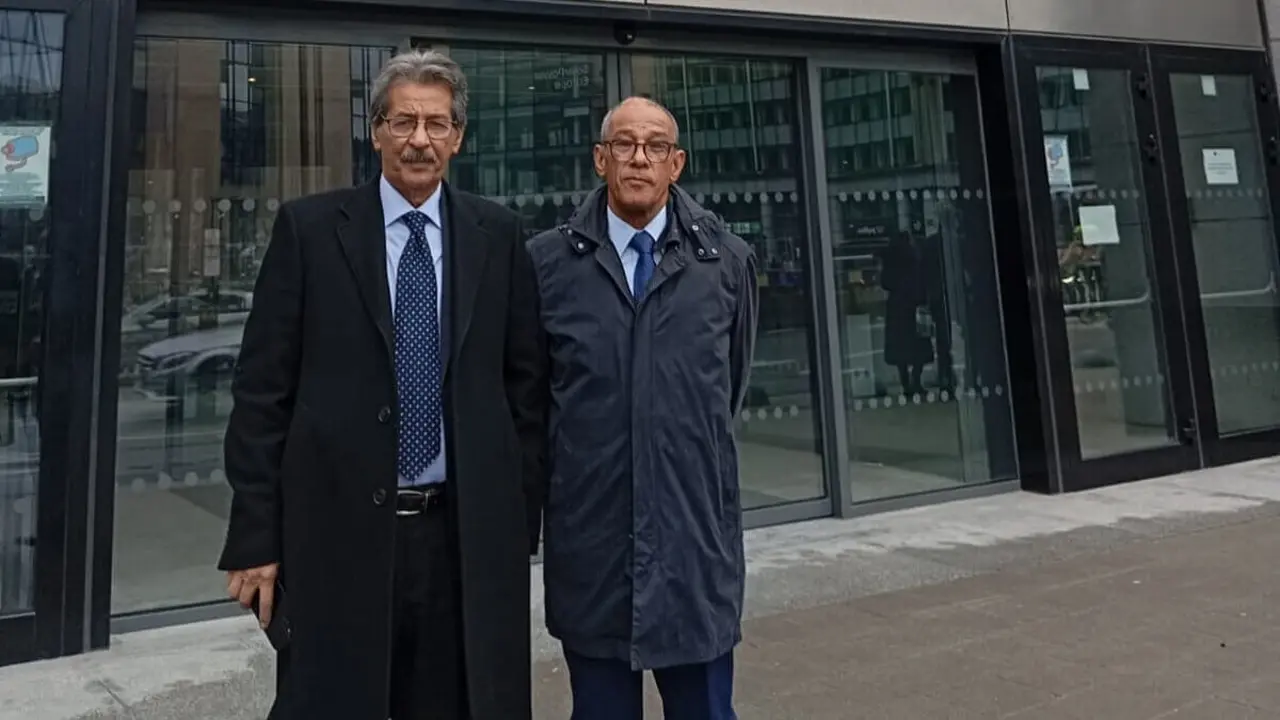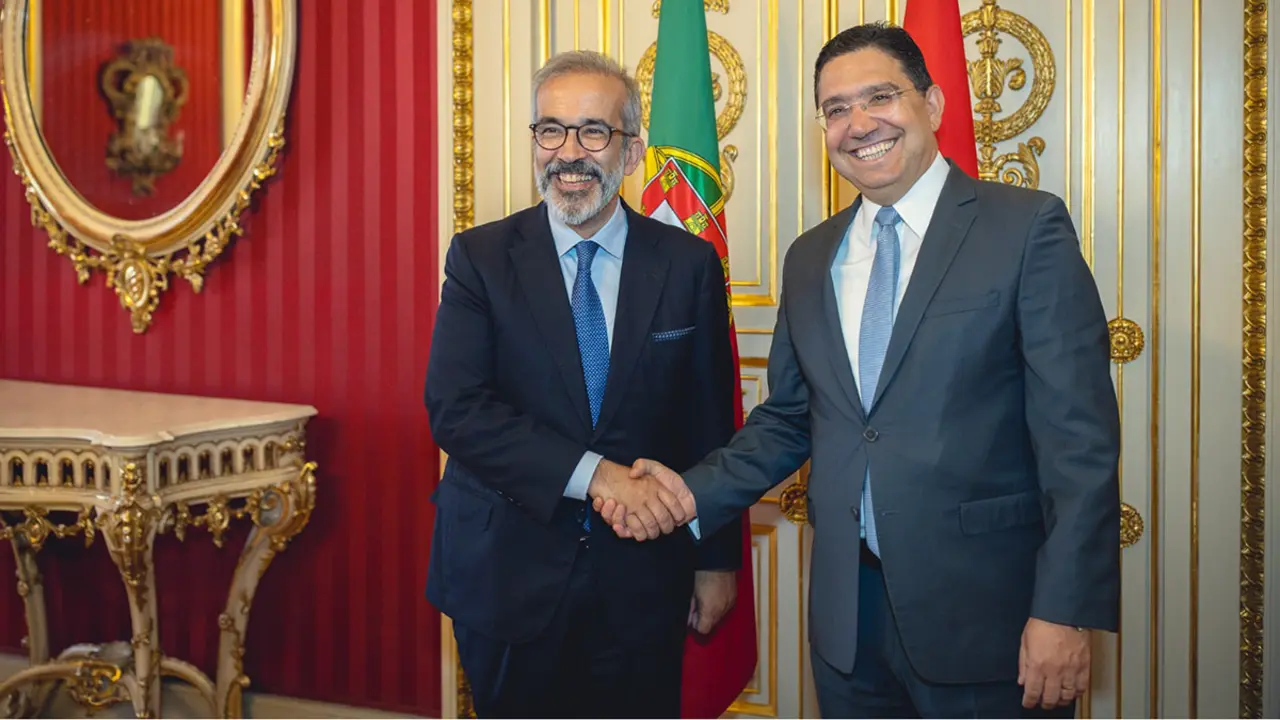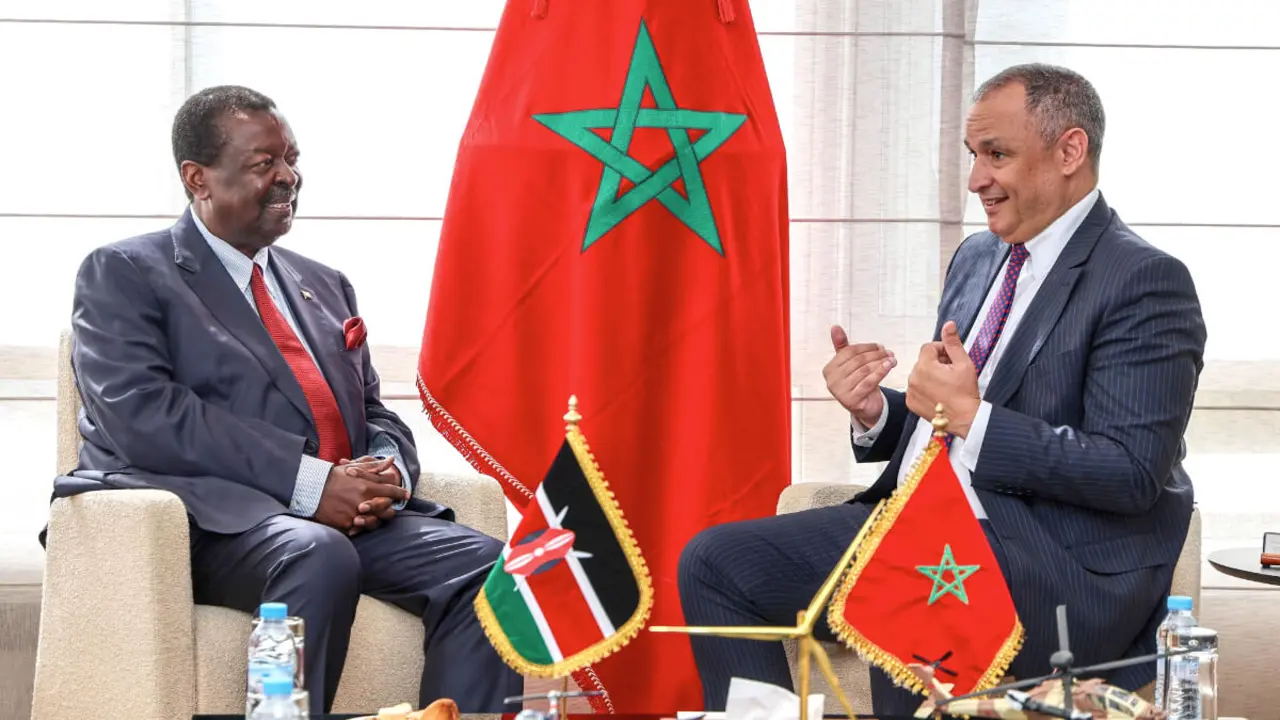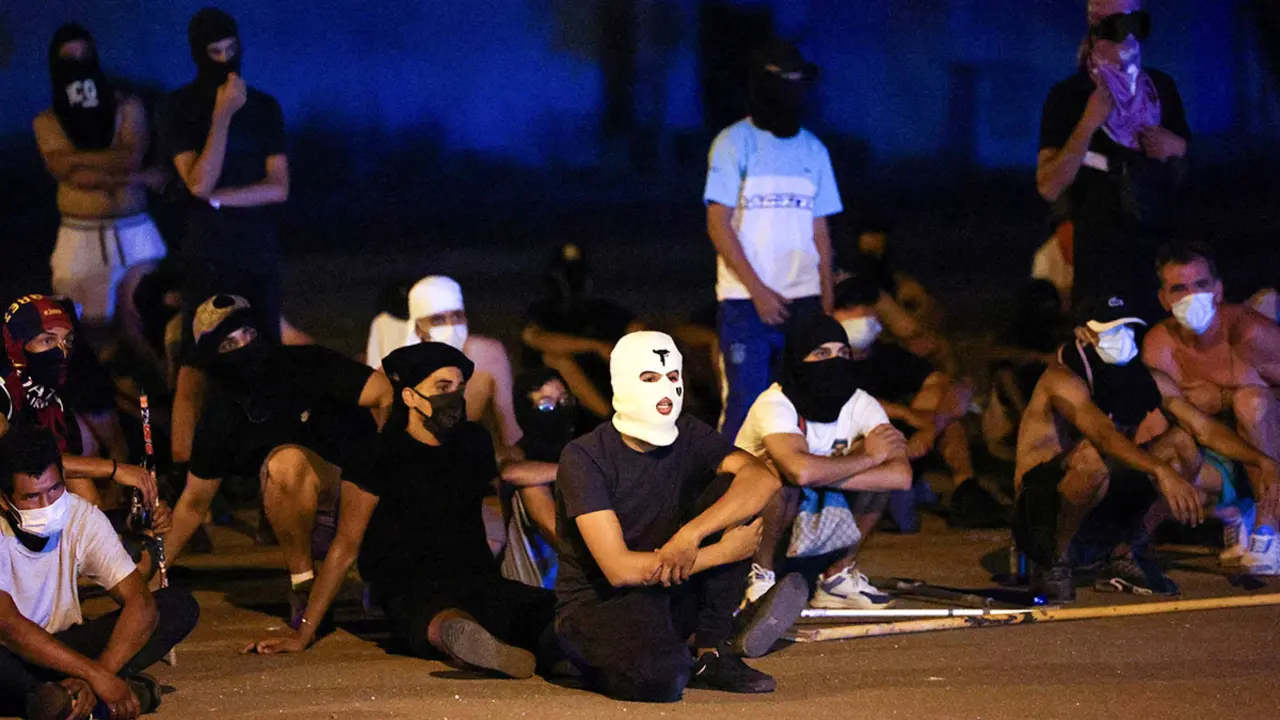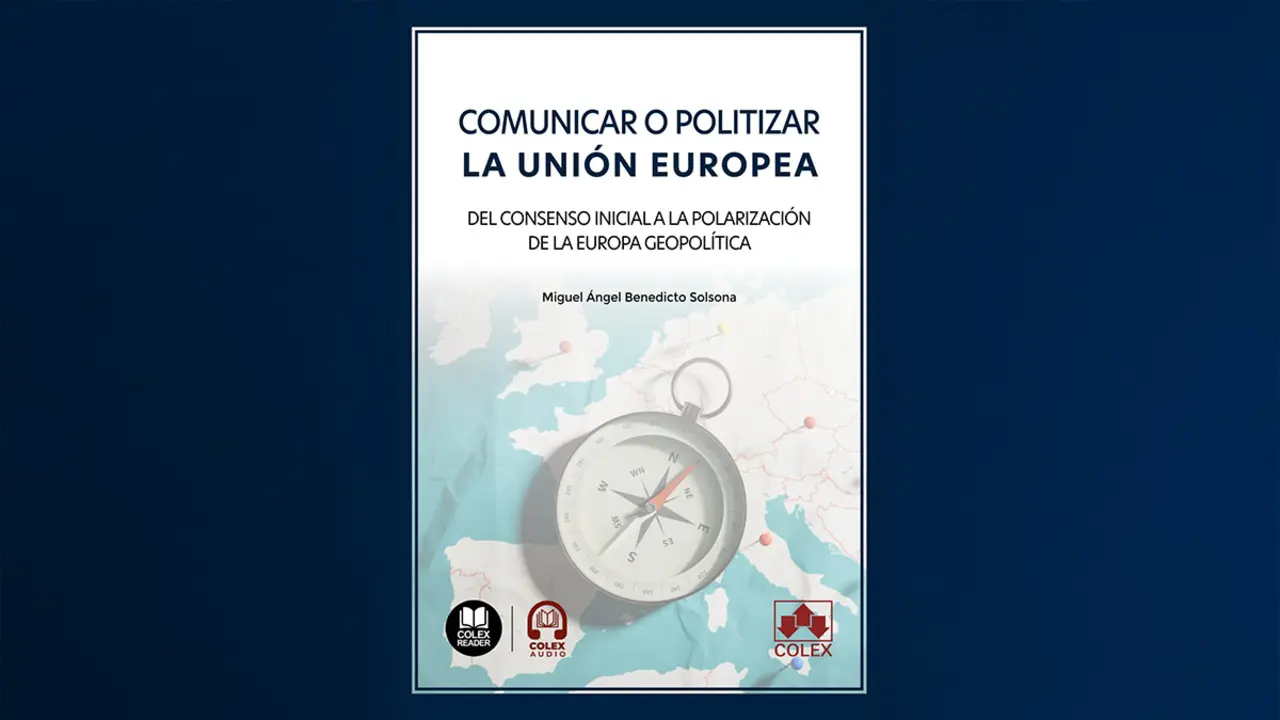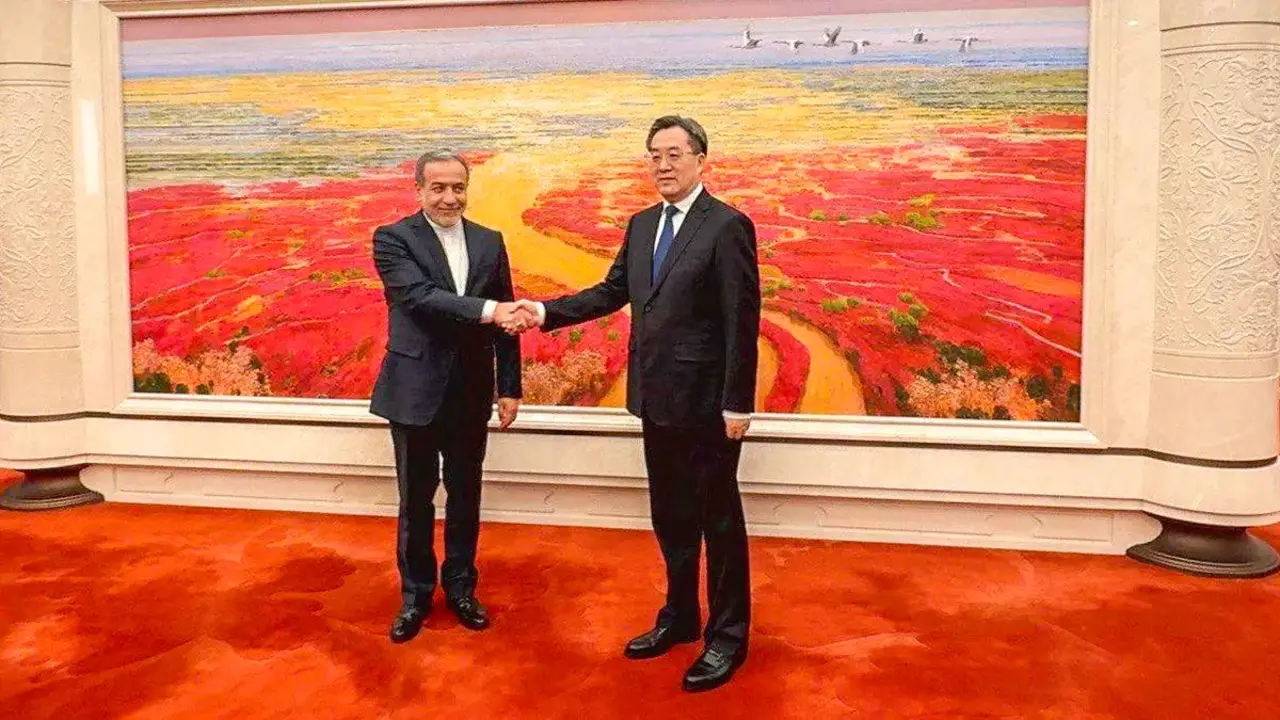Houthis launch offensive east of Sana'a
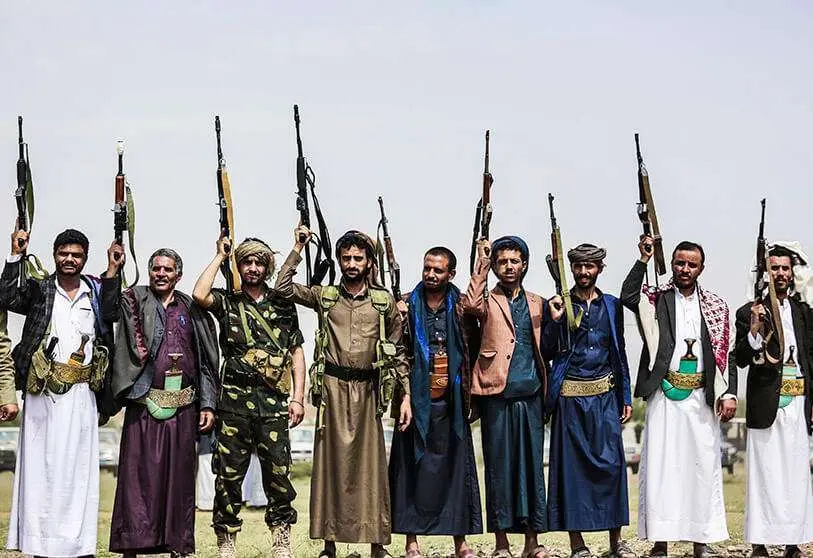
The Houthis launched an offensive on Sunday on the governorates of Marib and Al-Jawf, located northeast of Sana'a and controlled by government forces. The two enclaves are the last government strongholds in northern Yemen, as well as two of the regions with abundant oil and gas reserves.
The insurgent group began attacking the governorate of Marib, targeting civilians with ballistic missiles and drones. This first assault reportedly killed three people, according to Yemeni foreign ministry sources.
The first day of fighting killed more than 50 Houthis. Dozens were wounded and seven were captured by government forces. Government forces lost 19 soldiers.
Hostilities continued until last Monday, when the Houthis attacked again in the west of the governorate. A new front opened up between the governorates of Sana'a and Marib. The insurgents sent up to eight explosive-laden drones, according to military sources.
Houthi officials said their forces were close to capturing the enclave. Mohammed al-Bukhaiti, a senior Houthi representative, said the Shi'ite militia had a "divine mandate", describing the offensive as a "decisive battle" for the militia.
The clashes between Tehran-backed Shiite insurgents and Saudi-backed government forces have reportedly left a total of 20 dead and some 30 wounded, according to a source consulted by AFP.
Marib is the main target of the Houthis. Analysts point out that, despite controlling much of the country's territory, they do not have resource-rich enclaves under their control. In addition, Marib is one of the last government-held strongholds in the north.
The Houthis are at a distinct disadvantage, however, as this governorate is largely Sunni, and thus lacks a natural support base in the area. Moreover, local tribes have cooperated closely with the al-Hadi government and its allies.
This explains, in part, the 733 per cent increase in organised political violence in Marib during 2020, according to a study by the Armed Conflict and Events Location Data Project (ACLEDT). However, the reaction of government forces to the Houthi attack succeeded in thwarting their plans.
Meanwhile, the Marib Security Committee has held an extraordinary meeting to discuss "the escalation of Houthi terrorist militia attacks on Marib, the targeting of civilians with ballistic missiles and drones, as well as the humanitarian situation in the governorate, which is home to more than 2 million people displaced by the Houthis".
The committee, chaired by General and Governor Sultan al-Arada, described the attack as "a clear message to the international community confirming the continuation of their terrorist behaviour towards civilians and the exacerbation of the humanitarian catastrophe".
The office of Yemeni Prime Minister Maeen Abdulmalik Saeed confirmed that the latter had held a conversation with Governor Al-Arada for an update. On 6 February, the Prime Minister received a delegation from the European Union in Aden to secure their partnership for stability in Yemen.
The Yemeni foreign ministry also issued a warning: 'The government reserves its legitimate right to protect its citizens and retains its legal responsibility to preserve security in all Yemeni territories and to respond appropriately to terrorist attacks'.

The US State Department has called on the insurgent group to immediately halt attacks on civilians and further military operations. This demand comes just two days after the new administration notified Congress of the removal of the Houthis from its list of "foreign terrorist organisations" and three days after President Biden ordered an end to US support for Saudi-led operations in Yemen.
On the same day the offensive began, the UN special envoy for Yemen, Martin Griffiths, arrived in Iran to meet with Iranian Foreign Minister Javad Zarif and other officials to begin peace talks in the country.
US State Department spokesman Ned Price noted, however, that Washington is "deeply concerned about the continued Houthi attacks", before noting that Biden himself "is taking steps to end the war in Yemen" and that "Saudi Arabia has supported a negotiated settlement".

